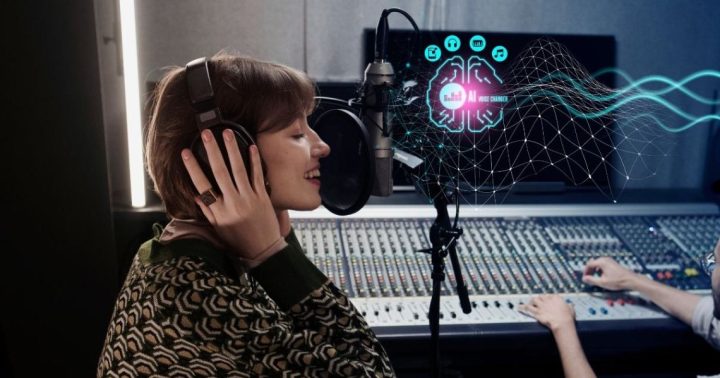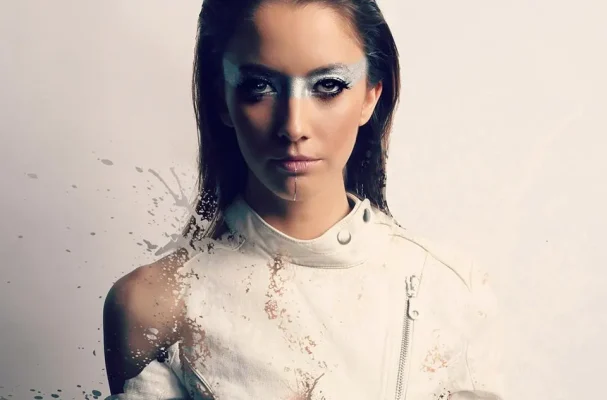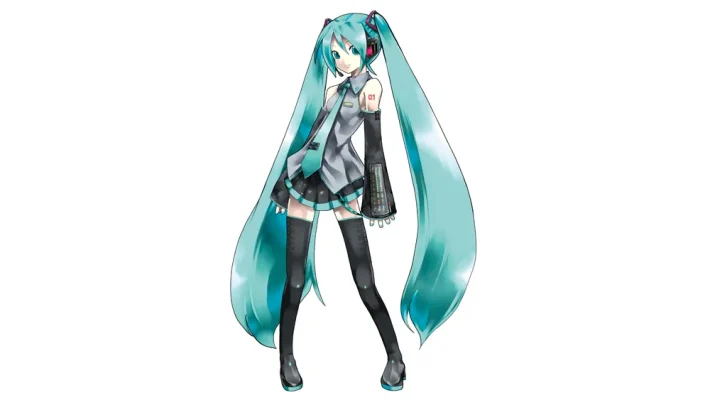In the digital age, artificial intelligence (AI) has become more than just a buzzword. It’s a transformative force driving innovation across various sectors, and the music industry is no exception. From composition and production to distribution and consumption, AI is reshaping every aspect of the music landscape. In this article, we’ll delve into AI’s profound impact on the music industry. Let’s explore its benefits, challenges, and the emergence of AI-generated artists.
The Evolution of AI in Music
Artificial intelligence has long been intertwined with music, dating back to the earliest experiments in computer-generated compositions in the mid-20th century. However, it’s in recent years that AI has truly come into its own thanks to advancements in machine learning, deep learning, and neural networks.
Composition and Production
AI has significantly streamlined the process of music creation. With algorithms capable of analysing vast datasets of musical compositions, AI systems can now generate original music in various styles and genres. For instance, Amper Music and Jukedeck are AI platforms that create royalty-free music tailored to the user’s specifications. These platforms utilise algorithms to compose music tracks, adjusting parameters such as tempo, mood, and instrumentation to suit the user’s needs.

Personalised Music Recommendations
AI-powered recommendation systems have revolutionised how music is discovered and consumed. Streaming services like Spotify and Pandora leverage machine learning algorithms to analyse user preferences and behaviour, offering personalised playlists and song recommendations. By analysing listening habits, these platforms can accurately predict the type of music users are likely to enjoy. This enhances the listening experience for consumers but also helps artists reach new audiences.

Virtual Artists and Performers
One of the most intriguing developments in the music industry is the emergence of AI-generated artists. These virtual performers are entirely computer-generated entities capable of composing, performing, and even “appearing” in music videos. One notable example is “Taryn Southern,” an AI virtual artist who released an album titled “I AM AI” in 2018. The album featured songs entirely composed and produced using AI tools, demonstrating the creative potential of machine learning in music.

Hatsune Miku’s Rise to Prominence
The most prominent example is the virtual pop star “Hatsune Miku,” a Japanese Vocaloid created by Crypton Future Media. Hatsune Miku performs as a holographic projection in live concerts, captivating audiences with her catchy tunes and anime-inspired visuals. Despite being a digital entity, Hatsune Miku has amassed a large and dedicated fanbase, showcasing the growing acceptance of virtual artists in the music industry.

aespa: Redefining the Pop Landscape with AI Avatars
aespa, a South Korean girl group formed by SM Entertainment in 2020, has captured the imagination of fans worldwide with their innovative integration of AI avatars into their concept. Comprising four members—Karina, Giselle, Winter, and Ningning—alongside their AI counterparts æ-Karina, æ-Giselle, æ-Winter, and æ-Ningning, aespa has pioneered a new era of pop music where virtual and human performers seamlessly coexist. The AI avatars, known as æ characters, were introduced as part of aespa’s multimedia universe, known as the “æ Universe.” The integration of AI avatars into aespa’s concept has allowed the group to explore new creative possibilities in music production, storytelling, and visual presentation. The æ characters feature prominently in aespa’s music videos, performances, and promotional activities, adding an extra layer of depth and intrigue to the group’s identity.
Watch their latest comeback, Supernova, below!
Challenges and Ethical Considerations
While the integration of AI in the music industry presents numerous opportunities, it also raises important ethical and creative concerns.
Intellectual Property and Copyright Issues
As AI systems become more proficient at generating music, questions regarding copyright ownership and intellectual property rights arise. Who owns the rights to music created by AI algorithms? Should AI-generated compositions be subject to the same copyright laws as human-created works? These are complex legal issues that require careful consideration and possibly new regulations to address.
Authenticity and Artistic Expression
Some critics argue that AI-generated music lacks the authenticity and emotional depth of compositions created by human artists. While AI systems can mimic existing styles and genres, they may struggle to convey the same level of creativity, emotion, and cultural context as human musicians. As a result, there’s a concern that the proliferation of AI-generated music could homogenise the musical landscape, diluting the diversity and uniqueness of artistic expression.
Unintended Bias and Reinforcement
AI algorithms are trained on vast datasets, which may contain inherent biases present in the music industry. If left unchecked, these biases could perpetuate stereotypes and inequalities in music production and consumption. For example, an AI system trained on a dataset primarily composed of music by male artists may inadvertently favour male-centric styles and genres, further marginalizing female and underrepresented musicians.
So, what do you think about the use of AI in the music industry?
Related articles:
OPPO will Integrate AI features across its Entire Smartphone Lineup
Meta announces their AI will learn from public posts by users.


